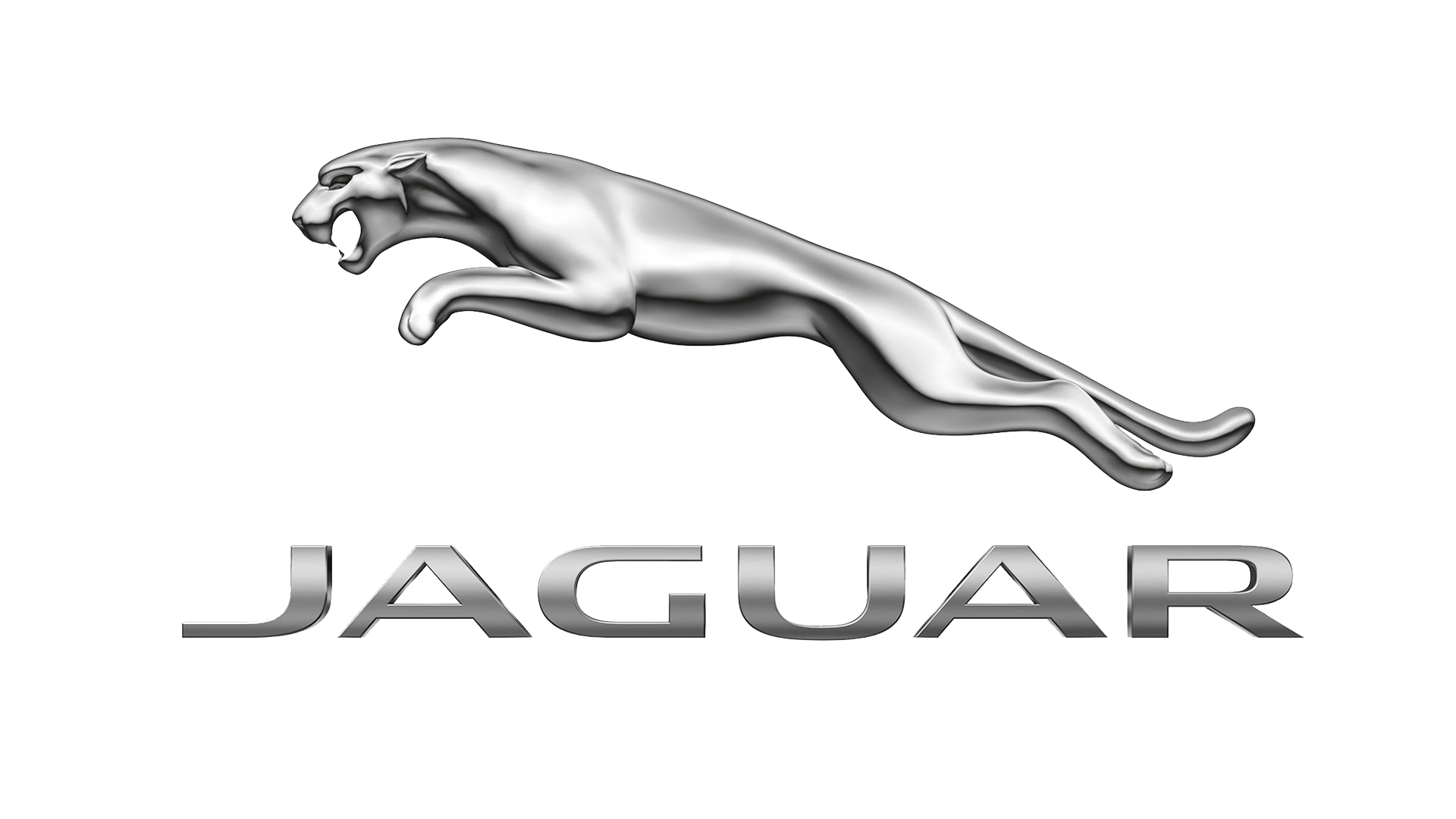When considering a car purchase, it is crucial to know about the components and characteristics of the vehicle. In that scenario, two weight measurements stand out the most. That is curb weight and gross weight. Although they both offer unique assessments, for many factors they are different. Want to learn how? Then let us start our engine and journey through. In this article, we will highlight the curb weight vs. gross weight segment and the key considerations. Happy driving!
Before the comparison itself, let us put light on the definition of both curb weight and gross weight.
What is curb weight?
Curb weight is the total weight of a vehicle excluding primary gears and essential operating liquids like engine oil, transmission fluid, and brake fluid, with no passengers or cargo on board. However, The curb weight is the estimated weight of the manufacturer that plays a significant factor in car purchasing. It can determine fuel economy and acceleration. Also, it can tell which vehicle can hold the ground better and more stable. The curb weight can be found in the specifications of the car.
What is Gross Weight
Gross weight is the weight of a load, including the weight of the goods, packaging, and any other materials used to transport it. Moreover, it is calculated by adding the net weight of the goods to the weight of the packaging. The gross weight is important for determining the shipping costs, as well as for safety reasons. The maximum gross weight of a load is limited by the weight capacity of the vehicle or container that is transporting it. If the load exceeds the maximum gross weight, it could be dangerous to transport and could damage the vehicle or container.
See More : mazda reviews
Curb weight vs gross weight : Know the Difference
There are many main differences in the Curb weight vs gross weight segment. Before diving into them, study this comparison table to know more about it- here is the table on curb weight vs gross weight
| Aspect | Curb Weight | Gross Weight |
| Definition | The weight of the vehicle without passengers or cargo but with all fluids, fuel, and necessary equipment included. | The maximum allowable weight of the vehicle, including passengers, cargo, and all fluids. |
| Components | Includes the weight of the vehicle itself, fluids (oil, coolant, fuel), and standard equipment. | Includes the curb weight plus the weight of passengers, cargo, and additional accessories. |
| Purpose | Used to measure the base weight of a vehicle in operational condition. | Indicates the vehicle's carrying capacity and ensures it stays within safe operating limits. |
| Key Use Case | Essential for understanding the vehicle's base performance metrics like fuel efficiency and handling. | Critical for calculating payload capacity and ensuring the vehicle is not overloaded. |
| Unit of Measure | Kilograms (kg) or Pounds (lb). | Kilograms (kg) or Pounds (lb). |
| Regulation | Standardized by manufacturers for comparison purposes. | Regulated by safety laws to ensure roadworthiness and safety under load. |
See More : japanese car manufacturers ranking
Here is a detailed comparison to learn about it more comprehensively.
Weight Components
Curb weight encompasses all the standard elements of the vehicle, including the chassis, body, engine, transmission, fuel tank, and fluids. It does not include any passengers or cargo. Whereas gross weight factors in any extra passengers or cargo present, as well as the weight of any trailers or other attachments.
Measurement:
The curb weight is measured without any added load, meaning it represents the basic mass of the car as it leaves the factory. Gross weight is calculated by adding the curb weight to the weight of all passengers, cargo, and other items currently on board the vehicle.
Level Ground vs Weighbridge
During assessment, curb weight is determined with the vehicle positioned on level terrain, whereas gross weight is evaluated on a weighbridge.A Level Ground refers to a flat, even surface that is free from slopes or inclines. It provides a stable foundation for various activities, including construction, parking, or loading. In contrast, a Weighbridge is a large scale used to weigh vehicles or loads, typically employed in industries like transportation, agriculture, or logistics. The key difference is that a weighbridge specifically measures weight, whereas level ground refers to the physical flatness of a surface. While level ground is important for the accuracy and safety of using a weighbridge, the latter has a specific function related to weight measurement.
Unit of Measurement
For the unit of curb weight vs. gross weight, curb weight is conventionally measured in pounds or kilograms, while gross weight is typically expressed in tons or tonnes.
Calculations
To ascertain curb weight, one can deduce the empty weight of the car from its gross vehicle weight rating (GVWR) Conversely, in determining gross weight, you combine the empty weight of the motorcar with its trailer weight rating (TWR).
Impact of Additions
Curb weight encounters alterations upon introducing passengers or cargo, while gross weight experiences changes with the inclusion of trailers.
Performance Metrics
The relevance of curb weight extends to computing a vehicle's power-to-weight ratio, whereas the significance of gross weight lies in evaluating the payload capacity of the car.
Vehicle Dynamics
The role of curb weight extends to influencing aspects like fuel economy and performance, whereas gross weight's critical role emerges in ensuring safety and ascertaining towing capacity. Furthermore, these parameters significantly impact the overall dynamics and practicality of the auto.
Variation
Curb weight can vary based on the model, trim level, and optional features selected. For example, a vehicle with a higher trim might have more luxurious features and therefore a slightly higher curb weight. Similarly, gross weight can also fluctuate due to factors such as the number of passengers, amount of cargo, and optional equipment present. Loading a vehicle with more passengers or heavier items will increase its gross weight, impacting its overall performance and capabilities.
Aftermarket Modifications
Aftermarket modifications like adding larger wheels, roof racks, or heavy audio systems can increase the curb weight and potentially impact its performance. Likewise, when considering aftermarket modifications, it is important to recognize that additions such as roof racks, cargo, or modifications for towing trailers will further increase the gross weight. These adjustments can affect the towing capacity, stability, and overall roadworthiness, underscoring the need to carefully manage these changes to avoid safety risks.
See More : difference between 4h and 4l
Key Consideration of Curb Weight vs. Gross Weight
Vehicle Type and Purpose:
The type of vehicle and its intended use significantly influence the importance of curb weight and gross weight. Commercial vehicles designed for hauling goods can emphasize gross weight due to their payload and towing capacities. Whereas, sports cars or compact vehicles might prioritize curb weight to enhance agility and acceleration.
Fuel Efficiency Considerations:
Curb weight can have a direct impact on fuel efficiency because lighter cars typically require less energy to move. However, gross weight comes into play when evaluating the efficiency of the car under different load conditions. Comparing both weights helps determine the balance between everyday driving and heavy-load scenarios.
Practicality and Versatility:
When assessing how a vehicle fits your lifestyle, both curb and gross weight are relevant. Curb weight can determine ease of maneuvering and parking, while gross weight impacts the ability to carry passengers and various cargo loads.
Driving Conditions:
The type of terrain and driving conditions one will encounter should influence their choice between curb and gross weight. Lighter curb weight can be advantageous for urban driving, while gross weight plays a more significant role in off-road or towing scenarios.
See More : how much does a car cost in japan
How to calculate Curb weight and Gross weight
While we are on the topic of curb weight vs. gross weight, it is important to know how to calculate it. Here is how one can do the calculation with ease.
Curb Weight
For curb weight-
- First, make sure the fuel tank of the car is full and all other essential fluids like engine oil, transmission fluid, and brake fluid are at their recommended levels.
- Remove all personal items, passengers, and cargo from the vehicle. It should be in its empty state.
- Drive the empty vehicle to a weighing scale, which is typically found at truck stops, some gas stations, or other designated locations.
- Drive the vehicle onto the scale and note the weight displayed on the scale. This weight is the curb weight of the vehicle.
Gross Weight
For gross weight-
- Load the vehicle with all passengers, cargo, and any optional equipment that you want to include in the calculation.
- Drive the loaded vehicle onto a weighing scale, similar to the one used for curb weight measurement.
- Note the weight displayed on the scale. This weight is the gross weight of the vehicle in its current loaded state.
- To find out the additional weight due to the passengers and cargo, subtract the previously calculated curb weight from the gross weight. The result is the weight of the passengers, cargo, and any additional attachments.
See more : best suv for mountain driving
What is the difference between curb weight and gross weight?
Curb weight is the weight of a vehicle without passengers or cargo, while gross weight is the weight of an auto with passengers or cargo.
When a car is empty, with all of its standard equipment installed and all of its fluids (such as gasoline and oil) full, its curb weight is its overall weight. The calculation takes into account the weight of the car's body, chassis, engine, and other necessary components. Curb weight does not account for any passengers, cargo, or aftermarket additions.
On the other hand, gross weight refers to the overall vehicle weight when all passengers, cargo, and other objects have been loaded into it.. This weight includes the curb weight plus the weight of everything and everyone inside the vehicle, such as passengers, luggage, and any towing load if applicable.
Is curb weight actual weight?
Yes, curb weight is the actual weight of a car without passengers or cargo. It is measured with the vehicle on a level surface and includes all standard equipment, fluids, and a full tank of fuel.
What is curb weight in kgs?
To convert curb weight from pounds to kilograms, use the conversion factor: 1 pound = 0.45359237 kilograms. For example, a curb weight of 3,500 pounds is approximately 1587.573 kilograms.
What are curb weight and tare weight?
Curb weight and tare weight are two terms used to describe the weight of a vehicle. Curb weight is the weight of a car with all standard equipment, fluids, and a full tank of fuel. It does not include any passengers or cargo. Tare weight is the weight of an empty vehicle without any fluids or fuel. It is also known as the unladen weight.
Conclusion
In the vast car purchasing world, knowing about curb weight vs. gross weight can make your decision even smoother. Consider these factors and drive through the terrain in style. So, it is time to hit the road, choose your ride, and make some memories!




























